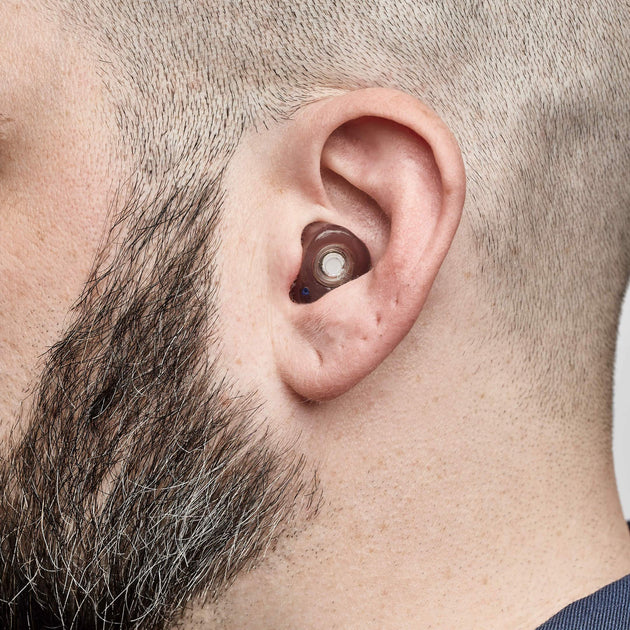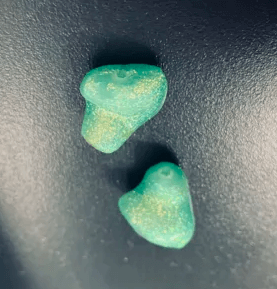
Noise is a part of everyday life, but excessive exposure to loud sounds can lead to permanent hearing damage. Whether you’re at a concert, working with power tools, or simply listening to music through headphones, it’s important to recognize when noise levels become hazardous. This blog will explore what defines “too loud,” the risks of excessive noise exposure, and how to protect your hearing.
Understanding Decibels and Safe Listening Levels
Sound is measured in decibels (dB), and prolonged exposure to levels above 85 dB can cause hearing damage over time. Here are some common noise levels for reference:
- 30 dB – Whisper
- 60 dB – Normal conversation
- 85 dB – Heavy traffic, noisy restaurant (limit for prolonged exposure)
- 100 dB – Chainsaw, nightclub (hearing damage possible after 15 minutes)
- 120 dB – Rock concert, jet engine at takeoff (immediate damage possible)
- 140 dB – Gunshot, fireworks (pain and instant hearing loss possible)
Signs That Noise is Too Loud
- You need to raise your voice to talk to someone an arm’s length away.
- Your ears ring or feel muffled after exposure to loud sounds.
- You experience discomfort or pain in your ears during loud events.
- You struggle to hear clearly after leaving a noisy environment.
How to Protect Your Hearing
Preventing noise-induced hearing loss is easy with simple precautions:
1. Use Hearing Protection
- Earplugs – Ideal for concerts, sports events, and work environments.
- Earmuffs – Provide full ear coverage for extremely loud settings like construction sites.
- Noise-canceling headphones – Reduce the need to raise the volume in noisy environments.

2. Follow the 60/60 Rule
- Listen at no more than 60% volume for a maximum of 60 minutes at a time when using headphones.
3. Take Breaks from Loud Environments
- Give your ears time to recover by stepping away from loud noise whenever possible.
4. Monitor Noise Levels
- Use smartphone apps to measure decibel levels and protect yourself from prolonged exposure above 85 dB.
Final Thoughts
Understanding how loud is too loud is the first step in preventing hearing damage. By being mindful of noise levels and taking protective measures, you can preserve your hearing for a lifetime. Don’t wait until you notice a problem—start protecting your ears today!
